Utah is among the twenty-two states that have no legislation that establishes optician training and certification requirements. Optical employers in these states are typically allowed to set their own standards for what they expect from the opticians that they hire. Because there are so many different types of employers, the degree of knowledge and level of skill that an optician possesses can be variable. Nearly all employers will use experienced opticians who work for them to train new opticians.
Large businesses that focus a lot on retail sales may only train opticians to sell product and make minor eye wear repairs while smaller businesses may train opticians to perform a wide variety of tasks that are more reflective of the full scope of opticianry. Employers that require opticians to perform a broader set of tasks will often actively encourage opticians to voluntarily complete certification through the American Board of Opticianry (ABO) and the National Contact Lens Examiners (NCLE). These organizations are nationally recognized as the standard for optician competence assessment and represent a more comprehensive understanding of the industry.
There are a few important benefits associated with certification that all opticians should consider regardless of where they work. First, optical employers will typically offer a higher optician salary to individuals who have been certified. Employers understand that credentialed opticians have a better understanding of the industry and require less training and support. They also know that many customers prefer to work with opticians who can demonstrate that they have met national standards for competence. Credentialed opticians are an asset to an optical business and can often be used as a marketing advantage over competitors. This can go a long way in improving customer satisfaction and establishing customer loyalty.
 Another benefit of being certified is the ability to transfer credentials between regulated and unregulated states. Certified opticians are often able to become licensed through reciprocity while opticians who have no credentials may be required to complete additional education, work as an apprentice, or complete the ABO and NCLE exams before they can be licensed. Opticians who have worked in the industry for years and who already have experience may find this process frustrating.
Another benefit of being certified is the ability to transfer credentials between regulated and unregulated states. Certified opticians are often able to become licensed through reciprocity while opticians who have no credentials may be required to complete additional education, work as an apprentice, or complete the ABO and NCLE exams before they can be licensed. Opticians who have worked in the industry for years and who already have experience may find this process frustrating.

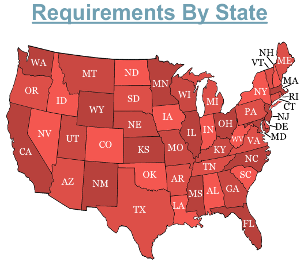

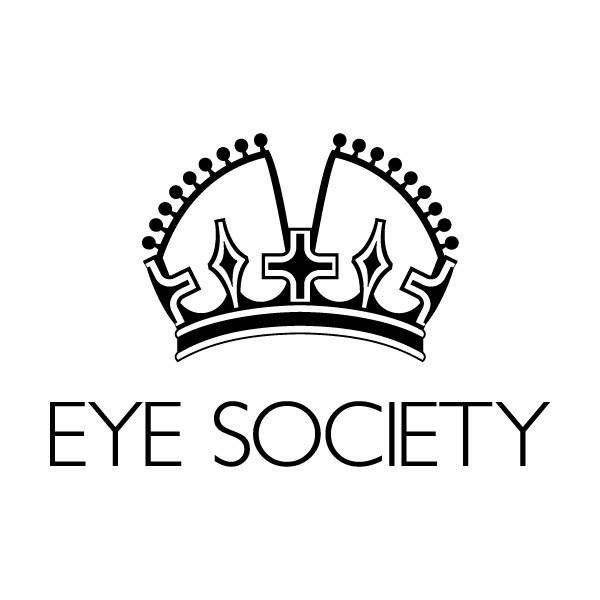

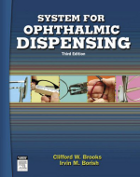
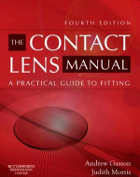
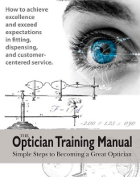

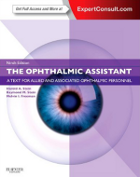
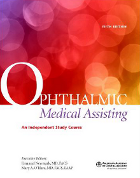
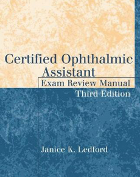
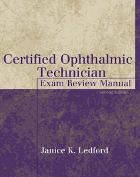
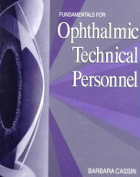
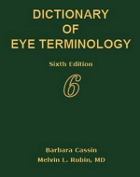
Please Leave Your Comment Below.